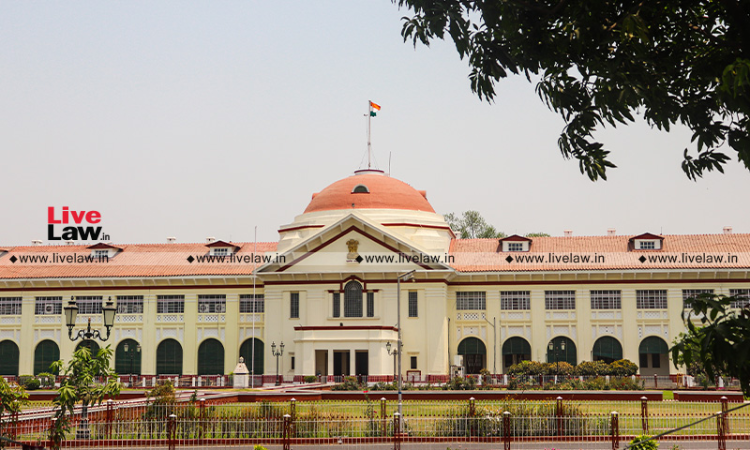Arbitration Agreement Executed By Joint Venture Can’t Be Invoked By Its Constituents: Patna High Court
Parina Katyal
5 May 2023 4:15 PM IST

Next Story
5 May 2023 4:15 PM IST
The Patna High Court has ruled that an arbitration agreement executed by a Joint Venture cannot be invoked by the constituents of the said Joint Venture, since they cannot be considered as a party to the arbitration agreement. While dealing with a petition under Section 11 of the Arbitration and Conciliation Act, 1996 (A&C Act) seeking appointment of arbitrator, the bench of...
